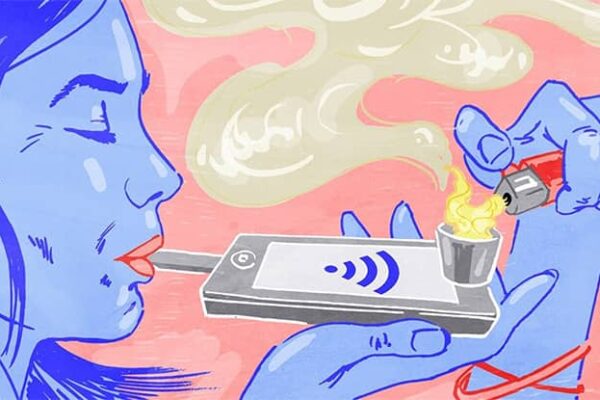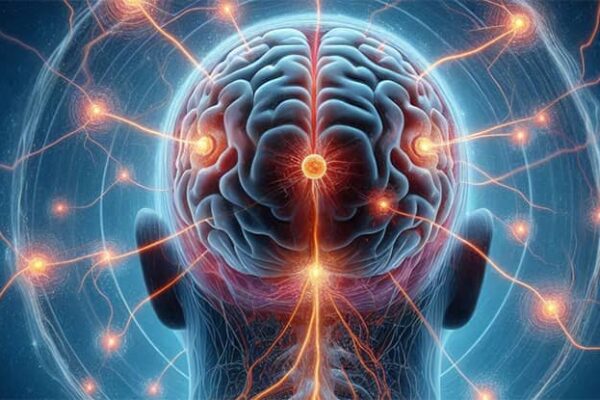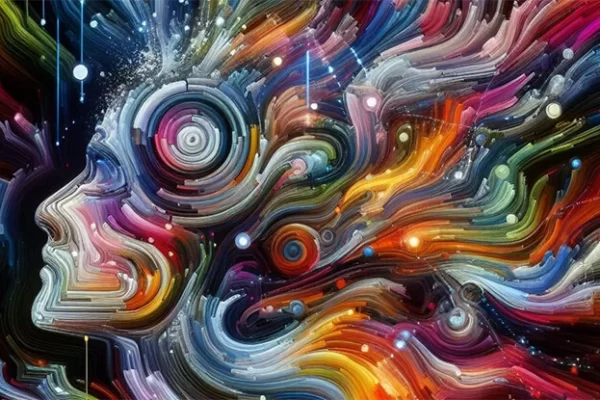Agoraphobia is an anxiety disorder characterized by a fear of situations or places where a person feels helpless or trapped without a means of escape. Contrary to popular belief, agoraphobia is not limited to the fear of open spaces. It can also include a fear of crowds, public transportation, stores, movie theaters, and other public […]
Panic Disorder: Why It Occurs and How to Deal with It
Panic Disorder is a severe condition that can significantly disrupt a person’s quality of life. It is characterized by recurrent and unexpected episodes of intense fear, accompanied by physical symptoms. These episodes, known as panic attacks, can arise suddenly and without any clear cause, leaving the person feeling helpless and out of control.
Body Dysmorphic Disorder: Symptoms, Causes and Modern Treatments
Body Dysmorphic Disorder (BDD), is a mental disorder in which a person becomes obsessed with imagined or minor flaws in their appearance. This condition causes significant distress and severely impairs a person’s social, professional, and personal life.
Dissociative Identity Disorder: Secrets of Multiple Selves
Dissociative Identity Disorder (DID) – one of the most complex and controversial mental conditions in modern psychiatry, previously known as multiple personality disorder, is characterized by the presence of two or more distinct identities or personality states that alternately control the individual’s behavior.
Schizophrenia: Key Facts Everyone Should Know
Schizophrenia is a serious mental disorder that affects a person’s thinking, perception, and behavior. This complex illness, surrounded by many myths and misconceptions, often causes fear and social rejection. However, understanding the facts about schizophrenia can help us better understand the condition and support those who live with it.
Tourette Syndrome: Modern Methods of Diagnosis, Treatment and Support
Tourette Syndrome is a complex neuropsychiatric disorder characterized by the presence of multiple motor tics and at least one vocal tic. This condition, named after the French neurologist Georges Gilles de la Tourette, who first described it in 1885, continues to intrigue the medical community with its complexity and multifaceted manifestations.
Postpartum Depression: What New Moms Need to Know
The birth of a child is a joyful event that changes life. However, for many women, this period can be overshadowed by unexpected emotional difficulties. Postpartum depression is a serious condition affecting numerous young mothers. In this article, I will discuss all aspects of postpartum depression to help you cope with it.
Internet Addiction: A Modern Plague or a Temporary Phenomenon?
In the digital age, the Internet has become an integral part of our lives. However, excessive use of the World Wide Web can lead to serious problems. In this article, I will talk about the psychological aspects and consequences of Internet addiction, as well as methods of its diagnosis, prevention and treatment.
Alexithymia: Where It Comes From and How to Deal with It
Have you ever met someone who struggles to express their emotions or understand the feelings of others? Or perhaps you find it challenging to identify and describe your own experiences? If so, you may have encountered a phenomenon known as alexithymia.
Affective Disorders: Symptoms and Early Diagnosis
Affective disorders are a group of mental illnesses characterized by significant disturbances in the emotional sphere. These disorders can seriously affect a person’s quality of life, work capacity, and social relationships. Early diagnosis of affective disorders plays a crucial role in effective treatment and prevention of complications.
Twin Method as a Tool for Studying Mental Disorders
The twin method is one of the most powerful tools in the arsenal of geneticists and psychiatrists for studying the role of heredity and the environment in the development of mental disorders. This method is based on comparing the similarity between monozygotic (identical) and dizygotic (fraternal) twins, allowing researchers to assess the contribution of genetic […]
Somatoform Disorders: Psychological Causes of Physical Symptoms
Somatoform disorders are a group of mental disorders characterized by the presence of physical symptoms that cannot be fully explained by any known medical conditions, the direct effects of psychoactive substances, or other mental disorders. These symptoms cause significant distress and hinder communication, work, and other vital activities.
Generalized Anxiety Disorder: When Worry Becomes Pathological
We all experience anxiety at certain moments in life—before an important event, in stressful situations, or when facing uncertainty. Anxiety is a normal human emotion that helps us mobilize resources to overcome challenges. However, for some people, anxiety becomes excessive and interferes with their ability to live their lives.
Anxiety Disorder: Understanding and Overcoming
Anxiety Disorder (AD) is a chronic mental condition characterized by excessive anxiety, worry, and fears that significantly hinder a person’s daily life. People with AD tend to experience a constant feeling of tension, apprehension, and worry, even in situations that do not pose a real threat.
Hypomania: Energy That Changes Life for the Worse
Hypomania is a state of moderately elevated mood, energy, and activity that is part of the bipolar disorder spectrum. While hypomania may be perceived as a positive and productive state, it represents a form of manic episode and can lead to serious consequences if left untreated.














